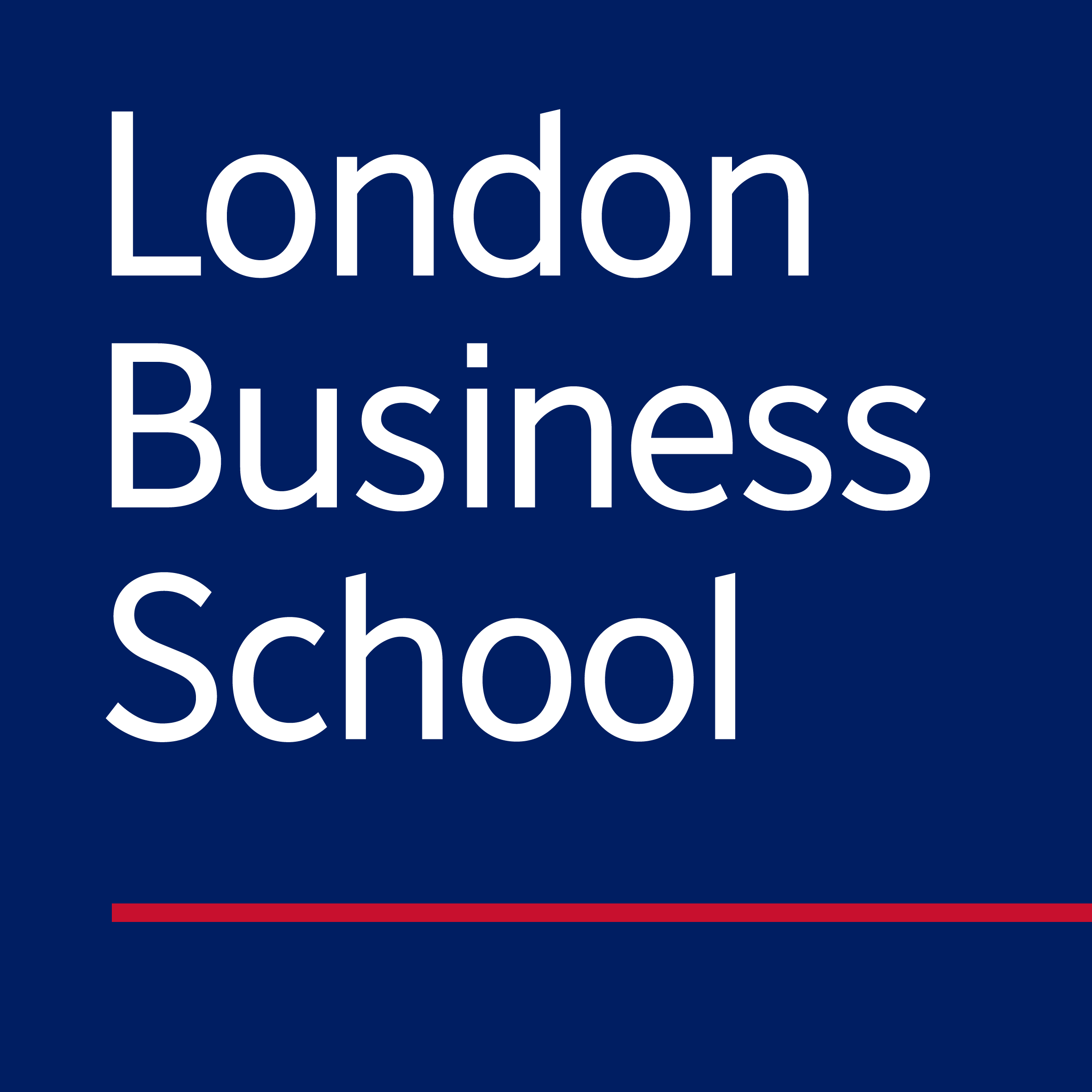
An important aspect of the learning process is for students to step away and reflect on their experience. Reflective learning focuses on the development of critical-thinking skills through the internal process of examining strengths and exploring areas for improvement. The learner constructs and clarifies meaning in terms of their own understanding and cognition, supporting changes in conceptual perspective. The positive impact of reflective learning has been well documented, stemming from the works of Dewey (1938) and Schon (1983) where the process of reflection challenges misconceptions and provides clarity.
Dewey's process of reflection can be characterised through the following four criteria (Rodgers, 2002):
- Reflection is a meaning-making process that moves a learner from one experience into the next with deeper understanding; it is the thread that makes continuity of learning possible and ensures the progress of the individual.
- Reflection is a systematic, rigorous, disciplined way of thinking, rooted in scientific inquiry.
- Reflection needs to happen in community, in interaction with others.
- Reflection requires attitudes that value the personal and intellectual growth of oneself and of others.
Reflective learning is commonly applied through the use of reflective journals, portfolios or more formal processes such as action research projects. These activities should be designed with a curriculum-supported structure to keep reflections relevant and focus the learner's attention.
When designing a reflective activity, consider the learning outcomes: How will reflection impact the student’s learning? Focusing on journals, many studies have found reflections in this medium to have enhanced the learning process (O’Rourke, 1998; Woodward, 1998; Costa & Kallick, 2000). However, it's important to note that some students require support in creating effective reflections.
Hatton & Smith (1995) identified four different categorisations of reflections:
- descriptive writing
- descriptive reflection
- dialogic reflection
- critical reflection
A description of the experience is integral to conceptualisation. However, to be truly reflective, students need to move beyond this and relate their experience in a wider context.

Implementing a reflective framework enables students to interpret and articulate their experiences. The Reflective Cycle (Gibbs, 1988) below is one such framework.
The six stages provide a logical structure for reflections and prompt learners to explore different aspects of their experience to devise appropriate outcomes. The clear definitions are useful to students who are new to reflective learning.
The first three stages help learners express their experiences. The last three stages help them make sense of the experience and identify improvements to enact in future practice.









References
Bruner, J. (2002). Making Stories: Law, Literature, Life. New York: Farrar, Straus and Giroux.
Costa, A., & Kallick-, B. (2000). Getting into the habit of reflection. Educational Leadership, 60-62.
Dewey, J. (1938). Experience in Education . New York: Macmillan.
Fung, D. (2017). A Connected Curriculum for Higher Education. London: UCL Press.
Gibbs, G. (1988). Learning by Doing: A Guide to Teaching and Learning Methods. Oxford: Oxford Further Education Unit.
O'Rourke, R. (1998). The Learning Journal: From Chaos to Coherence. Assessment and Evaluation in Higher Education, 403-413.
Rodgers, C. (2002). Defining Reflection: Another Look at John Dewey and Reflective Thinking . Teachers College Record, 842-866.
Schön, D. A. (1983). The Reflective Practitioner: How Professionals Think in Action. New York: Basic Books.
Woodward, H. (1998). Reflective Journals and Portfolios: Learning through assessment. Assessment and Evaluation in Higher Education, 415-426.
